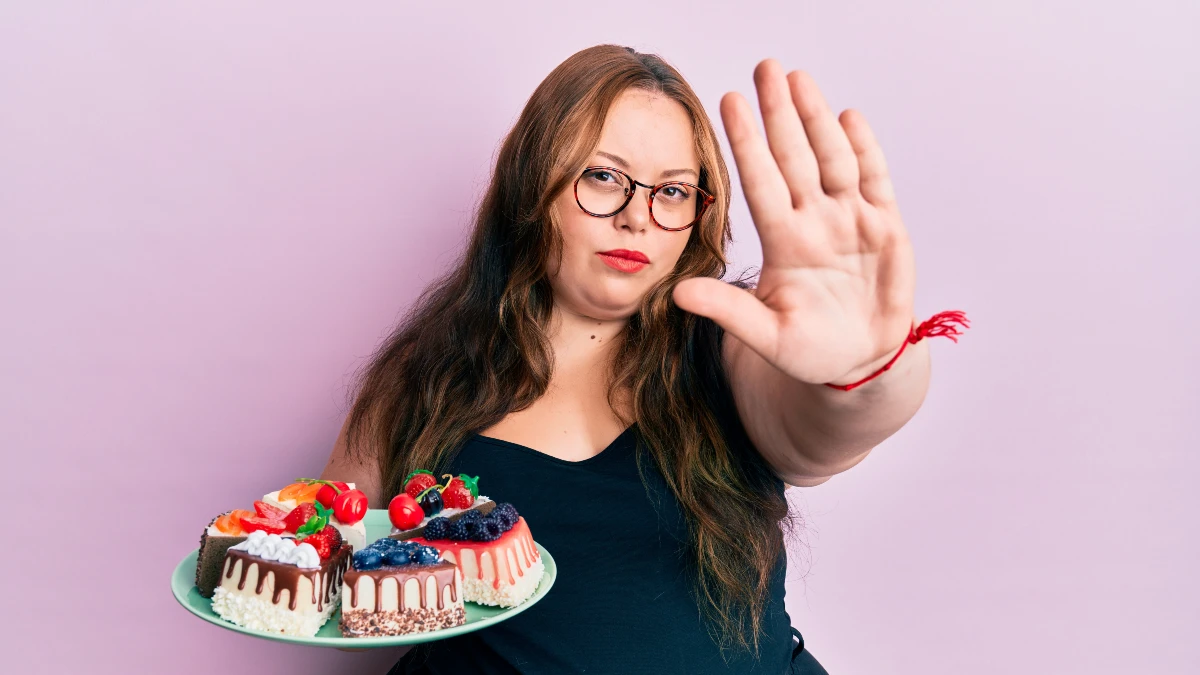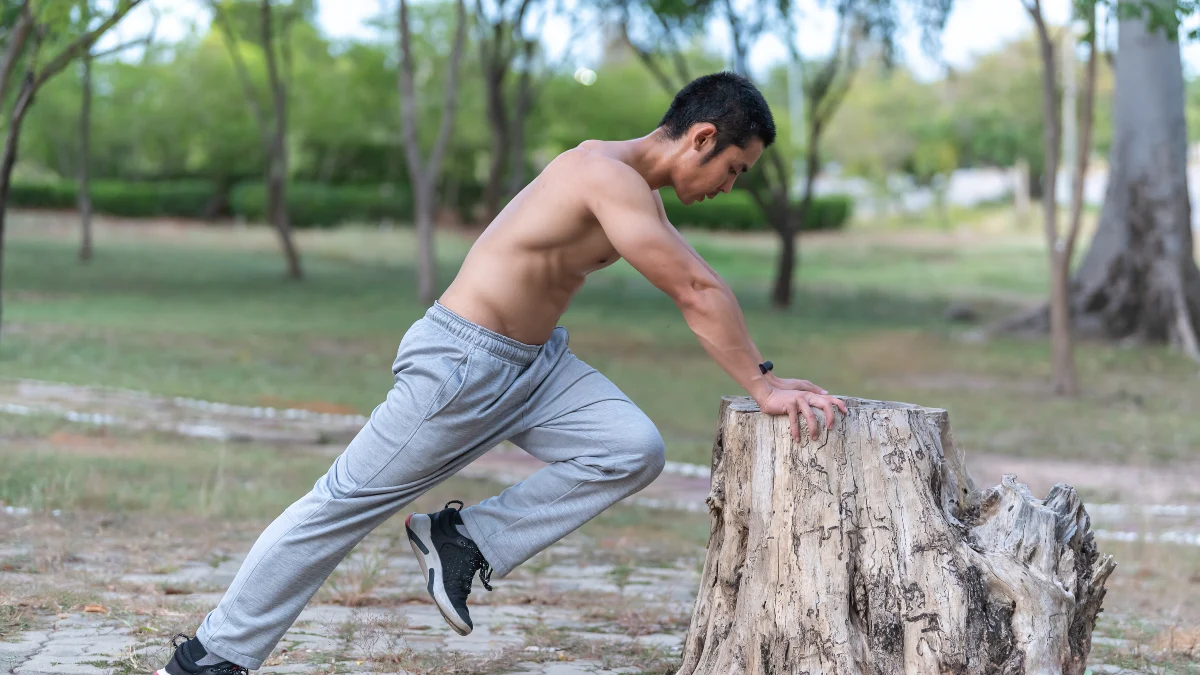What if the key to a long life isn’t locked in your DNA, but hidden in your daily routine? Research shows your habits matter far more than your genes, accounting for up to 75% of your longevity.
Forget the confusing diets and extreme workouts. The world’s longest-lived people don’t follow fads. They teach us that living better, not just longer, comes from simple, consistent choices.
This guide distills their wisdom into 15 actionable lessons you can start today to build a healthier, more vibrant future.
Live Past 100: 15 Simple Longevity Lessons
The Power of Choice: What Controls Your Longevity?
What if you could live a longer, healthier life? And what if the secrets weren’t found in expensive supplements or extreme workouts? Here’s the good news: your daily habits have a bigger impact on how long you live than your genes.
Studies show that lifestyle choices account for up to 75% of your longevity, while genetics only make up about 20-30%. The power to live a long, healthy life is mostly in your hands.
But it’s easy to feel lost. The health world is full of confusing diets and complicated exercise plans that make healthy aging feel impossible. This guide cuts through the noise. We’ll look at the simple, proven habits of people who live healthy lives past 100.
They teach us an important idea: the difference between lifespan (how long you live) and healthspan (how long you stay healthy). These people don’t just live longer; they live better for more of their years, often avoiding the chronic diseases we think are a normal part of aging.
That’s the real goal. Here are 15 actionable lessons you can start using in 2025 to build a longer, healthier future.
1. Eat More Plants, Not a Strict Diet

The diets of the world’s longest-lived people have one thing in common: they are 90-100% plant-based. This isn’t about becoming a strict vegan. It’s about making plants the main event at every meal. The five foods they all eat are whole grains, greens, root vegetables like sweet potatoes, nuts, and beans.
Beans are a true superfood. Eating a cup a day of fava beans, black beans, soy, or lentils could add up to four years to your life. Meat isn’t forbidden, but it’s treated like a side dish, eaten only about once a week in small portions.
The best part is how simple this is to start. Don’t worry about cutting things out. Just focus on adding one more serving of vegetables or beans to your day. This way of eating feeds the good bacteria in your gut and even helps protect your DNA from damage, which slows down aging at a cellular level.
2. Stop Eating When You’re 80% Full

In cultures known for long life, how you eat is just as important as what you eat. People in Okinawa, Japan, follow a 2,500-year-old rule: “Hara hachi bu,” which means “eat until you are 80% full.”
This simple habit of stopping when you’re no longer hungry, instead of when you’re stuffed, can be the difference between maintaining a healthy weight and gaining it over time. Constantly overeating puts a huge strain on your digestive system and your joints. The 80% rule is a gentle way to eat a little less without feeling deprived.
To try this, eat slowly. Put your fork down between bites. Pause for a moment in the middle of your meal and ask yourself how hungry you still feel. This helps you listen to your body’s signals, a skill that builds mental and physical resilience.
3. Move Naturally, Don’t Force a Workout

The world’s longest-lived people don’t spend hours in the gym. Instead, their daily lives are set up to encourage constant, gentle movement. They garden, walk to the store, do chores by hand, and work on projects around the house. They are simply on their feet and moving throughout the day.
The main goal is to avoid sitting for long periods. While getting 150 minutes of moderate activity a week is a good target, the real secret is to weave movement into your day. As you get older, adding some strength training is also key to keeping your muscles and bones strong.
Here’s how you can start in 2025: Look at your daily routine and find three small chances to move instead of sit. Take phone calls while walking, do a few squats while waiting for your coffee, or choose the stairs. It’s about making movement your default setting.
4. Make Good Sleep a Priority

Sleep isn’t a luxury; it’s essential for repairing your body, keeping your immune system strong, and maintaining a sharp mind. Most adults need 7 to 9 hours of sleep a night. But people who live the longest show us that the regularity of your sleep schedule is just as important. Going to bed and waking up around the same time every day is strongly linked to a longer life.
Both too little and too much sleep can cause problems. Not enough sleep can lead to inflammation and chronic disease, while sleeping too much might be a sign of other health issues.
Some long-lived cultures also take short daily naps, which can lower stress hormones and reduce the risk of heart disease.
A simple step you can take is to create a “digital sunset.” Turn off all screens at least an hour before bed. This helps your brain wind down and improves the quality of your sleep.
| Habit | Modern Approach | Longevity Model |
| Diet | Strict rules, cutting out food groups. | Eating more plants, focusing on whole foods. |
| Eating Style | Eating fast, eating until stuffed. | Eating slowly, stopping at 80% full. |
| Movement | Intense gym sessions, then sitting all day. | Gentle, natural movement all day long. |
| Rest | Random sleep times, seen as optional. | A consistent 7-9 hour sleep schedule. |
5. Find Your “Ikigai” — A Reason to Wake Up

Having a strong sense of purpose is a big predictor of a long life. In Japan, they call this “Ikigai,” which means “a reason for being.” Studies show that people with a sense of ikigai have a lower risk of dying early.
Your purpose doesn’t have to come from your job. It can be your family, helping your community, a creative hobby, or anything that makes you feel needed. Centenarians stay active in their communities, whether it’s by giving piano concerts or writing their life stories.
To find your ikigai, ask yourself a simple question: “What one thing makes me excited to get out of bed tomorrow?”
6. “Downshift” Daily to Manage Stress

People who live to 100 still experience stress. The difference is they have daily rituals to manage it. Chronic stress speeds up the aging process. The “downshifting” habits in long-lived cultures are simple: taking a daily nap, praying, or taking time to connect with family.
The idea is to build relaxation into your day. This could be meditating, walking, reading, or doing simple breathing exercises. The key is to find something you enjoy and make it a non-negotiable part of your routine.
Try practicing “Stress Snacks”—short, 5-minute breaks for a calming activity during your day.
7. Choose an Optimistic Outlook

Your personality can affect how long you live. Studies of centenarians show they often share certain traits. They don’t worry too much about small things, and they are generally outgoing and open to new experiences.
They know how to handle tough times and move on, keeping a positive outlook. Feeling happy is directly linked to a longer life.
A great way to build this skill is to keep a gratitude journal. Every day, write down three good things that happened. This simple exercise can retrain your brain to focus on the positive.
8. Keep Learning Your Whole Life

Keeping your mind fit is just as important as keeping your body fit. Challenging your brain regularly can help prevent cognitive decline. More than half of all centenarians have no major thinking problems.
Good brain activities include puzzles, strategy games, reading, or learning a new skill like a language or a musical instrument.
you can even find brains of centenarians with signs of Alzheimer’s who never showed symptoms. This is because lifelong learning builds a stronger, more resilient brain.
9. Find Your “Moai” — A Committed Friend Group

In Okinawa, people form a “moai,” a small group of friends who support each other for life. This idea of a strong, committed social circle is found in all of the world’s longest-lived places. Research confirms that strong social ties lead to a longer life.
These close friends help protect you from the negative effects of stress. And because healthy (and unhealthy) habits are contagious. Surrounding yourself with people who live well makes it easier for you to do the same.
Take a step to build your own moai. Schedule regular, can’t-miss time with a small group of your most trusted friends.
10. Put Loved Ones First

Across all long-lived cultures, family is a top priority. Investing time and energy in your closest relationships pays off in better health and more happiness. It’s common for different generations to live near each other, and being an active grandparent has been shown to improve health.
The benefits go both ways. Giving care and support to others is just as good for your health as receiving it.
Create a “Connection Ritual” in your own life. This could be a nightly family dinner with no phones allowed or a weekly video call with a relative who lives far away.
11. Belong to a Community

Being part of a group that shares your values or interests gives you a strong sense of belonging. In one study of centenarians, nearly all of them belonged to a faith-based community. Attending services regularly can add years to your life, likely because of the social connection and shared rituals.
If you’re not religious, you can find a “secular church.” This could be a volunteer group, a book club, a sports team, or any group that gets you together with others who share your passion.
12. Drink Water First, and Wine with Friends

Staying hydrated is basic but important. Water should be your main drink. When it comes to alcohol, the advice is to be smart about it.
In some long-lived places, people drink one or two small glasses of wine a day, but they do it with a healthy meal and with other people.
The lesson isn’t just to drink wine. It’s about the social ritual around a meal. A good rule is to drink a glass of water before any other beverage.
And if you drink alcohol, do it like they do in the Blue Zones: with food and with friends.
13. Don’t Smoke. Ever.

Of all the habits, this one is the most important. The people who live the longest and healthiest lives do not smoke. It’s that simple.
If you do smoke, it’s never too late to quit. Your health starts to improve almost right away. Quitting at age 30 can add a full decade to your life.
Even quitting at 60 can add three years. The best thing you can do is decide to gain back those years of healthy life.
14. Be Proactive About Your Health

Living a long life isn’t just luck. It means taking charge of your health. Schedule regular check-ups with your doctor to catch problems early when they are easiest to treat. It’s also smart to know your family’s health history, as it can give you clues for your own care.
Even small things make a big difference. For example, flossing your teeth regularly helps prevent gum disease, which is linked to heart disease.
Take two simple actions today: schedule your next physical exam, and call an older relative to ask about your family’s health history.
15. Find Comfort in Simple Routines

Simple, daily rituals can give you a sense of stability and comfort, especially when life gets hard. These routines don’t need to be complicated. It could be enjoying a cup of tea every evening, taking a short walk after lunch, or spending a few minutes in a garden.
These routines keep you moving, connected, and engaged, even on days when you don’t feel motivated. The key is to pick something simple enough that you can stick with it no matter what.
Choose one small, positive ritual that takes 10 minutes or less and commit to doing it for the next 30 days.
Your Longevity Journey Starts with a Single Step
The path to a long and healthy life is built on a few core ideas: fuel your body with plants and natural movement, build a resilient mind with purpose and strong friendships, and create a life of simple, consistent habits.
It can feel like a lot to change all at once, so don’t. Just pick one lesson from this list that speaks to you. Commit to practicing only that one thing for the next month.
The secret to living to 100 isn’t some huge, dramatic change. It’s the power of thousands of small, simple steps taken day after day. These longevity lessons are your map to not just a longer life, but a healthier and happier one.


